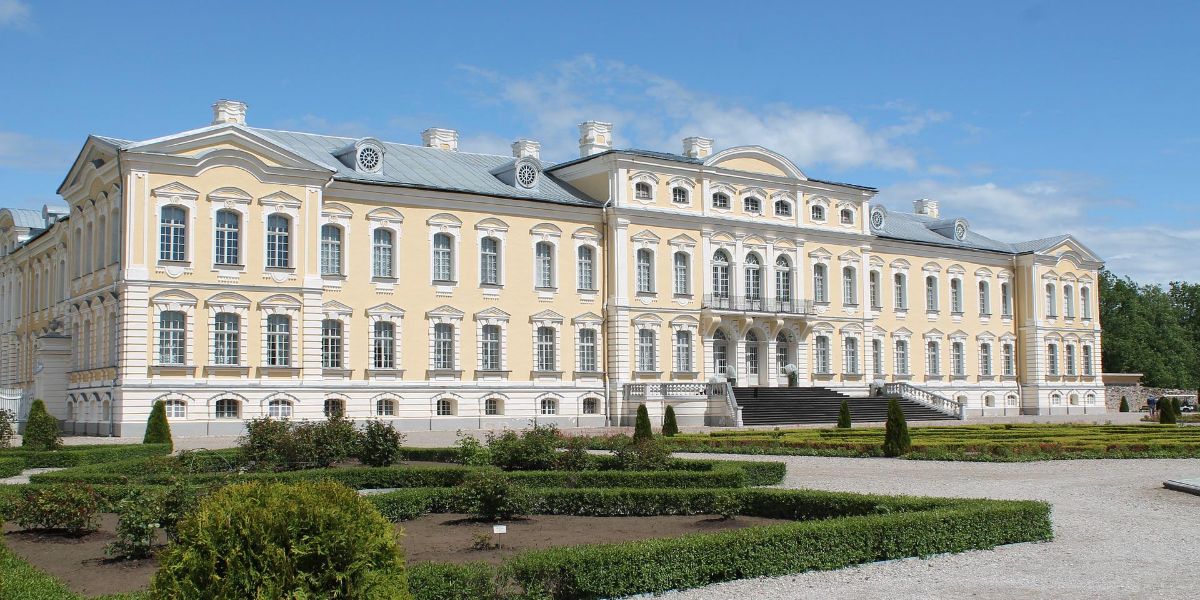IMF staff released a statement on 2 March 2015 at the conclusion of their visit to Latvia under Article IV of the IMF’s articles of agreement. The statement comments on Latvia’s fast progress to recover from the financial crisis and its prudent fiscal policy under the Fiscal Discipline Law. Medium term economic growth of 4% is considered to be achievable provided there are reforms to raise competitiveness.
Commenting on the 2015 budget which is in line with the Fiscal Discipline Law the IMF considers that cuts to Latvia’s Guaranteed Minimum Income (GMI) and the decentralization of financing for the scheme should be reconsidered. Although the 2015 budget contains some moves to reduce inequality the IMF considers that more are necessary.
Proposed reductions in personal income tax and the reduction in payout ratios of state owned enterprises will serve to reduce government revenues and this could reduce the scope for investment or social spending. The IMF therefore considers that the reductions in the personal income tax rates should be reconsidered. A much more gradual phasing out of the GMI is also recommended.
The IMF recommends that Latvia should try to raise more revenue from land taxation. Also, the measures already taken to reduce the scale of the grey economy have been successful and should be continued.
Wage growth has recently been faster than productivity growth. Suitable policies are therefore needed to support further growth in productivity. The IMF suggests labor market reforms to increase incentives to work. This could include a system of in-work tax credits and benefits as these measures can increase the employment of lower skilled workers. Increases in the minimum wage should not be faster than growth in productivity.












